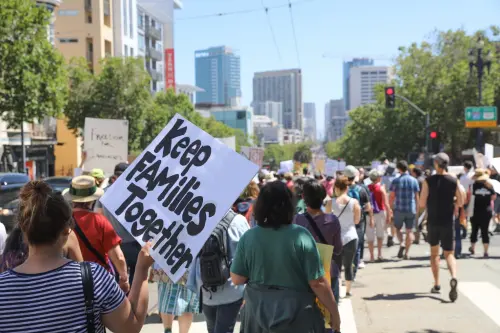

11:00 am EDT - 12:15 pm EDT
Past Event
The leading edge of the baby boom is 76 years old. Between now and 2050 the age structure of the U.S. will change dramatically, change that will be accompanied by a profound shift in caregiving needs. Much of the elderly population reports they hope to “age-in-place”—i.e., remain at home and in their communities for as long as possible as opposed to moving to institutional care as they age, but they will likely need support to do so. Will this care be provided by adult children, or by a professional workforce that is disproportionately foreign-born? For the roughly one-third of seniors that will need institutional care at some point, how will adequate staffing be sustained?
On April 19, the Center on Children and Families at Brookings brought together leading researchers to present their findings on the role of immigration in caregiving. After presentations, we heard from a panel of immigration and health care experts to discuss the country’s caregiving needs and policies that can help address them. Join this important conversation exploring the links between immigration policy and long-term care policy.
Viewers submitted questions by emailing [email protected] or via Twitter with #FutureofCaregiving.
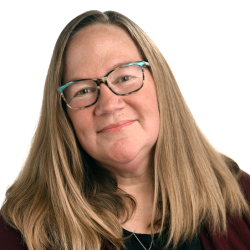
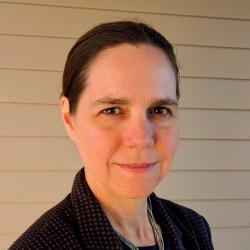
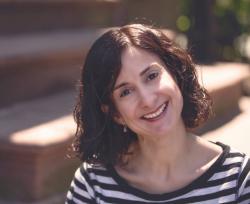
Moderator

Panelist
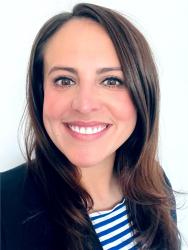

Gabriel R. Sanchez, Adrián A. Pedroza
March 31, 2025
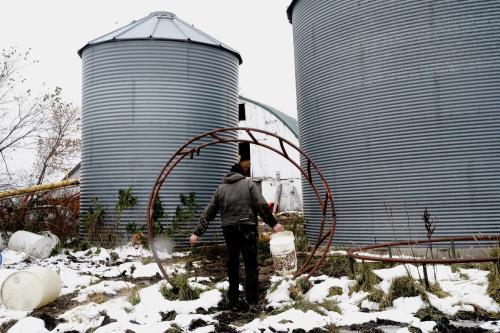
Anthony F. Pipa
October 28, 2024
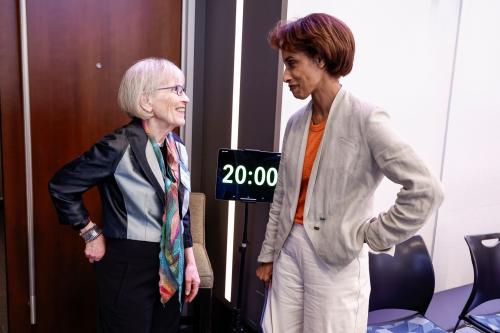
Quinn Sanderson
July 9, 2024